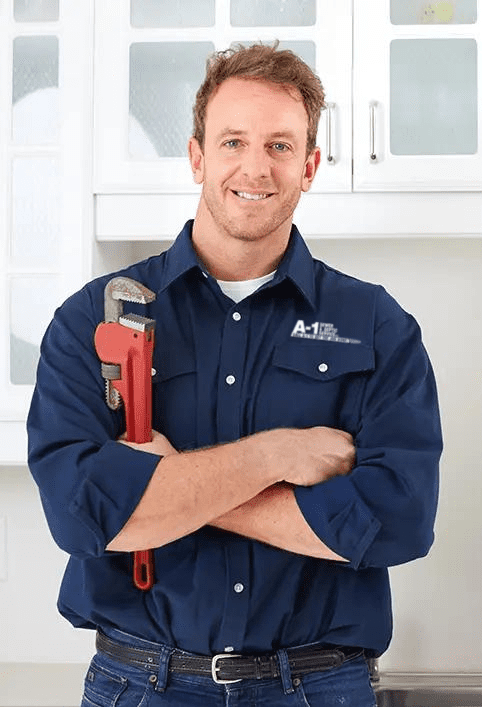Got Kids? Plumbing Advice for Parents!
Some people have a good grasp of plumbing, especially when they grew up with a father or a grandfather who was pretty handy around the house. If you were the kid who wore your Dad’s tool belt as he repaired a clogged garbage disposal or a leaky faucet, you may



